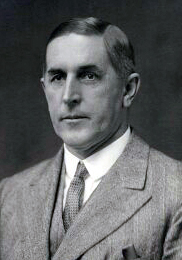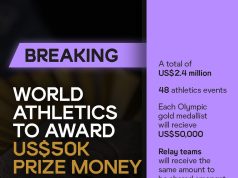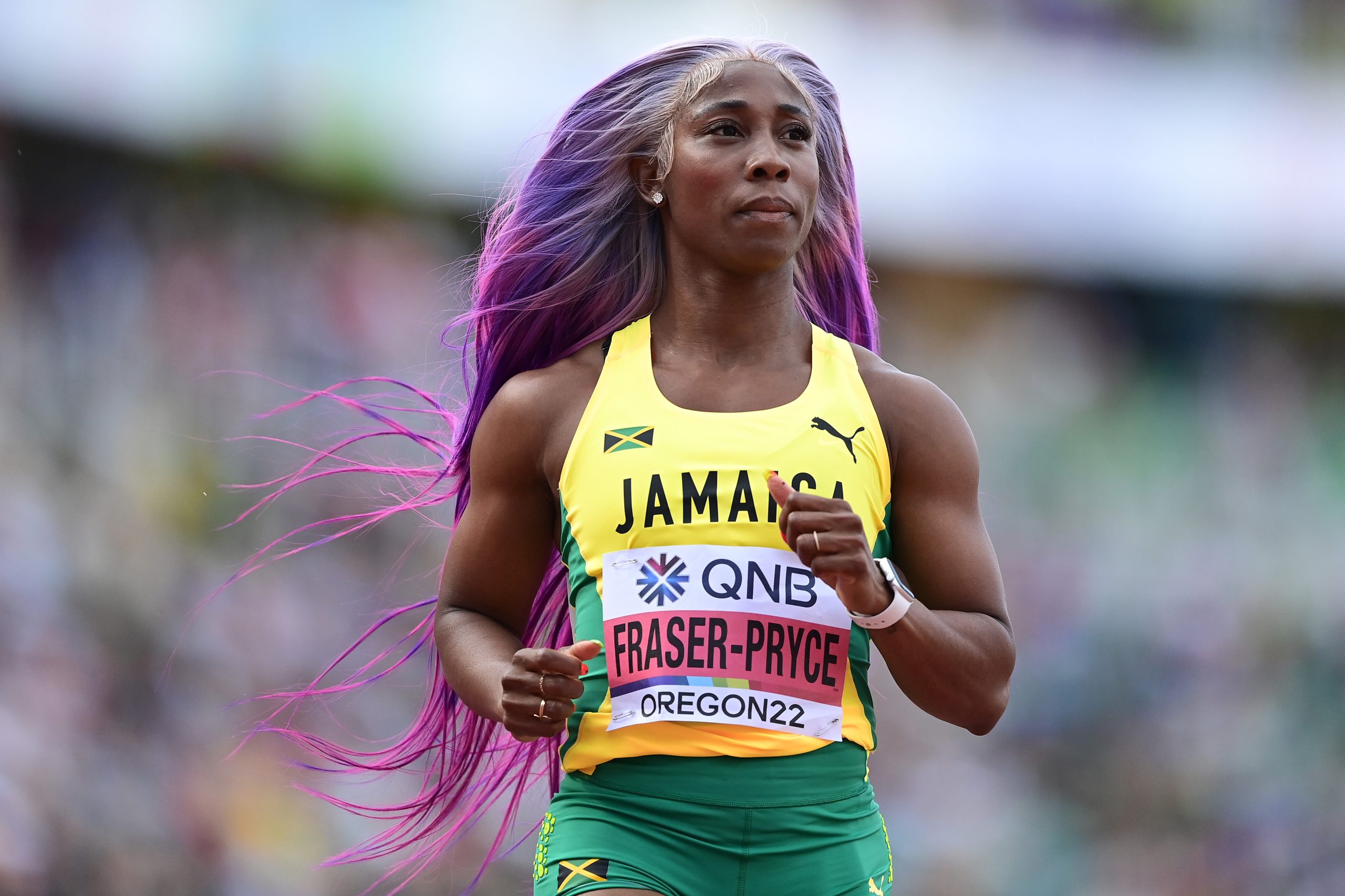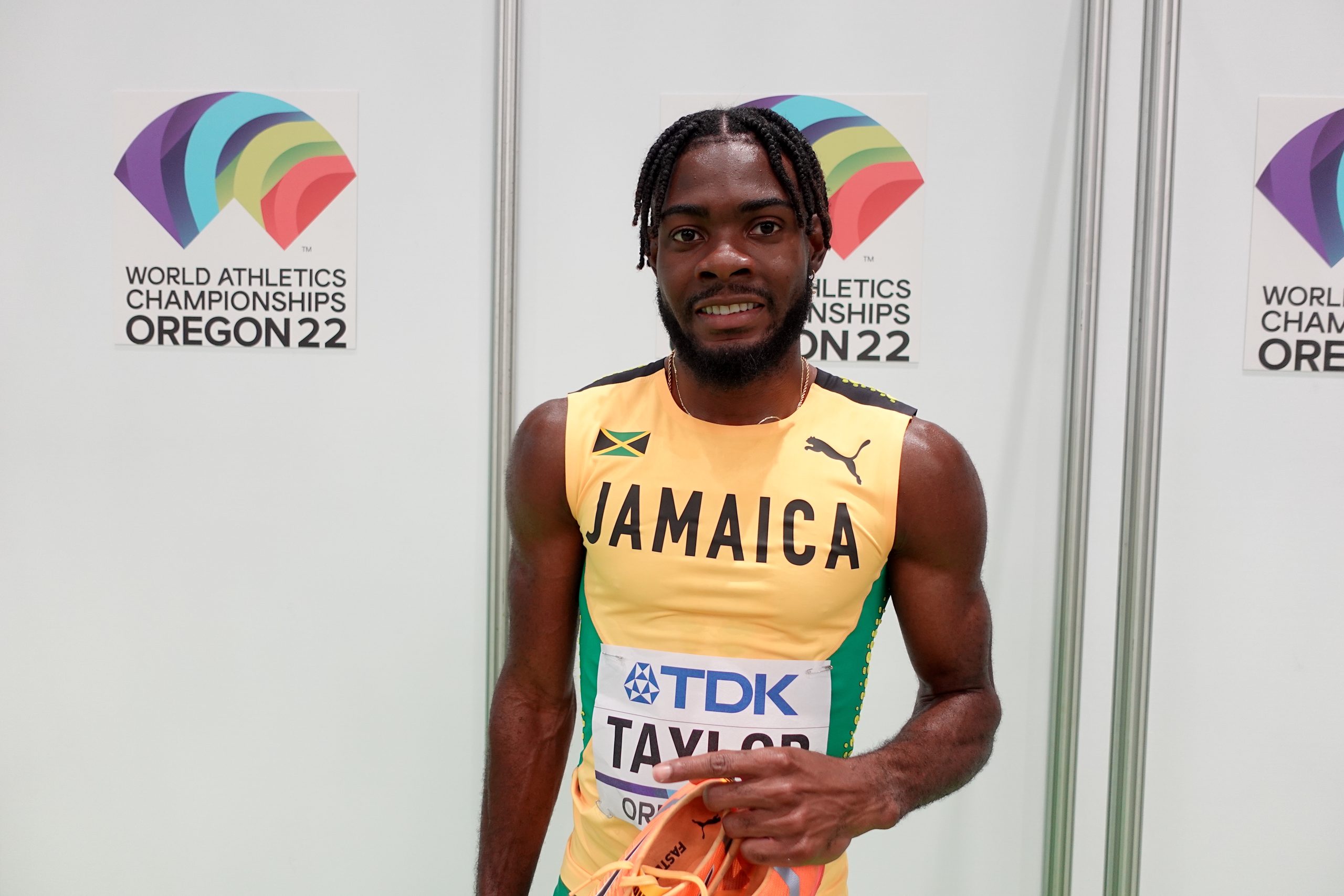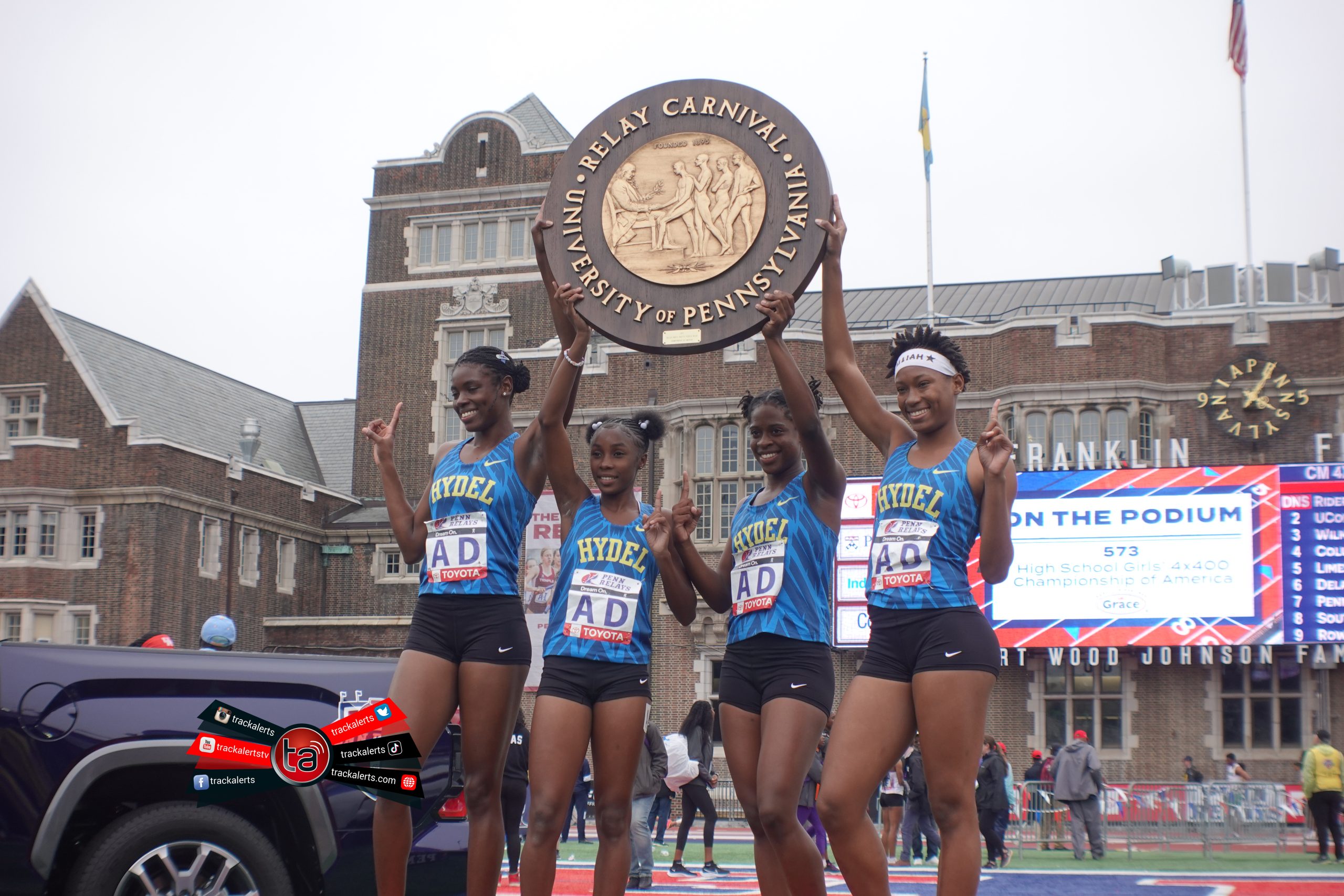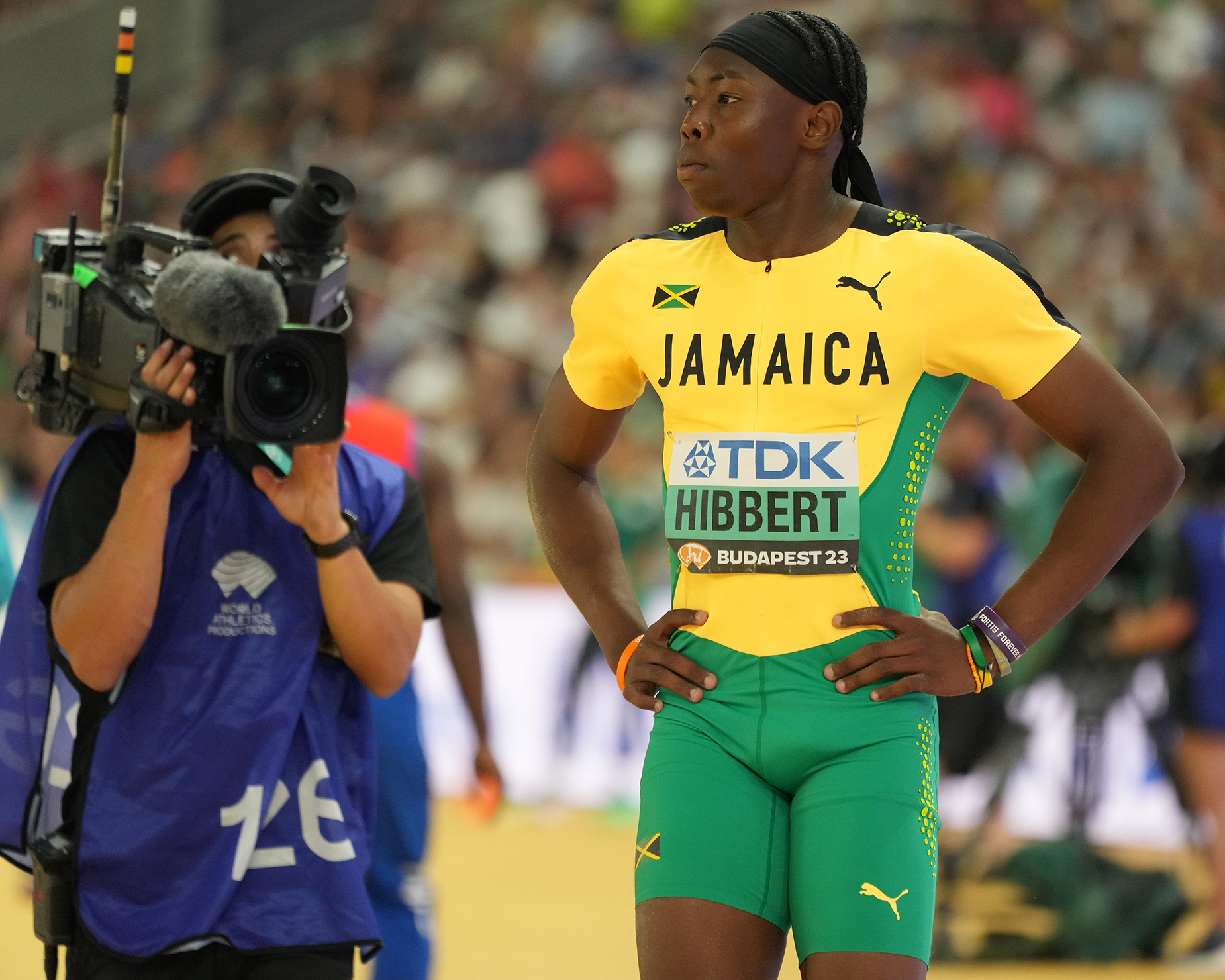The island’s sprinters have been burning running tracks for over a hundred years (most famously in the last quarter century), but Jamaica almost never got started in international competition.
Yes, high school championships were running hot since 1910 and it was clear by 1930 that Jamaica’s athletes had something special. Jamaicans are already sports-mad by the time, but there was as yet no JAAA or Olympic Association. That year, as the second CAC Games approached, no Jamaican team had ever left the island for international competition. And it didn’t look like there would be funds available, even for the short trip to Havana.
Controlling Jamaica’s purse strings was Arthur Selborne Jelf, the man appointed Jamaica’s Colonial Secretary five years earlier. He would sometimes fill in as acting Governor. In a scathing response to the request for funds to attend the games, he refused the allotment, saying, “Jamaica is prone to think itself superior to other countries in all forms of sport.”
Expecting to force his hand, the team, which had already set out for Cuba short of funds, was able to raise £400 for the trip from supportive fans and businessmen.
Even though Jamaica’s Joe Mackenzie would win the nation’s first-ever international medal – a silver medal in the high jump – Jelf would continue to harangue the delegation’s effort, calling it “a fiasco that has done far more harm than good.” The rest, as they say, is serious athletics history.


